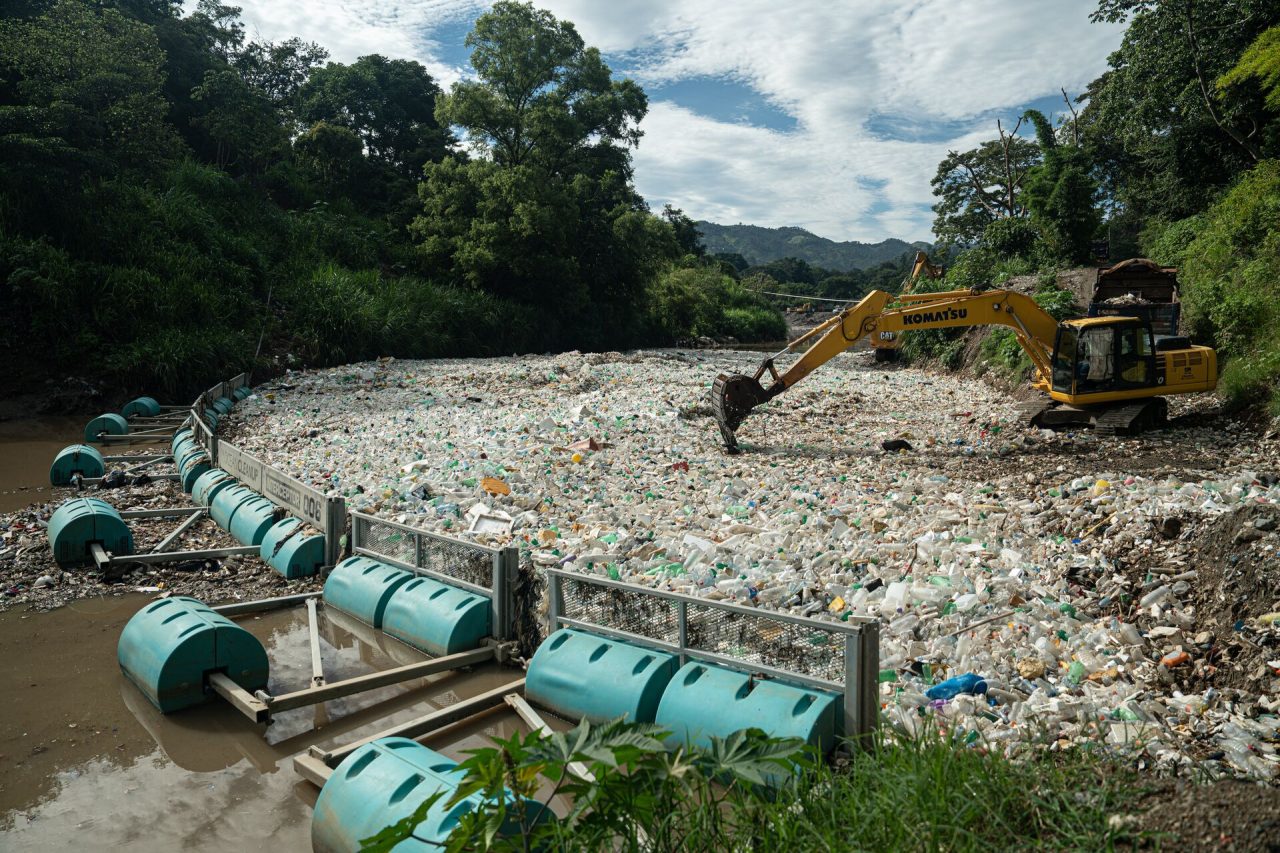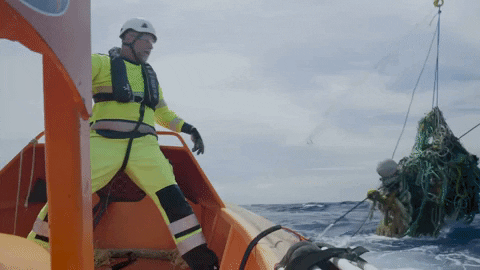Integrating Bayesian Belief Networks in a Toolbox for Decision Support on Plastic Clean-up Technologies in Rivers and Estuaries
December 2021, Article in peer-reviewed journal
Environmental Pollution
Abstract
Current mitigation strategies to offset marine plastic pollution, a global concern, typically rely on preventing floating debris from reaching coastal ecosystems. Specifically, clean-up technologies are designed to collect plastics by removing debris from the aquatic environment such as rivers and estuaries. However, to date, there is little published data on their potential impact on riverine and estuarine organisms and ecosystems. Multiple parameters might play a role in the chances of biota and organic debris being unintentionally caught within a mechanical clean-up system, but their exact contribution to a potential impact is unknown. Here, we identified four clusters of parameters that can potentially determine the bycatch: (i) the environmental conditions in which the clean-up system is deployed, (ii) the traits of the biota the system interacts with, (iii) the traits of plastic items present in the system, and, (iv) the design and operation of the clean-up mechanism itself. To efficiently quantify and assess the influence of each of the clusters on bycatch, we suggest the use of transparent and objective tools. In particular, we discuss the use of Bayesian Belief Networks (BBNs) as a promising probabilistic modelling method for an evidence-based trade-off between removal efficiency and bycatch. We argue that BBN probabilistic models are a valuable tool to assist stakeholders, prior to the deployment of any clean-up technology, in selecting the best-suited mechanism to collect floating plastic debris while managing potential adverse effects on the ecosystem.

